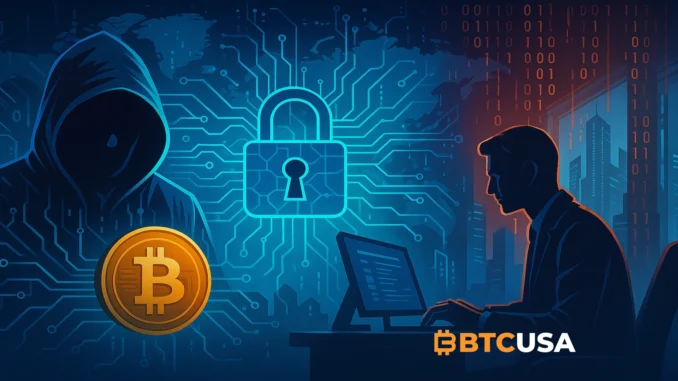
IRS Sued Over Broker Rule
Blockchain Association, DeFi Education Fund, and Texas Blockchain Council have filed a lawsuit against the Internal Revenue Service. The three influential blockchain advocacy groups have filed a lawsuit in the United States District Court for the Northern District of Texas challenging the new “broker” reporting rule by the IRS. According to them, this rule goes beyond the powers of the IRS and has the potential to kill the growing industry of DeFi.
Bigger Definition of “Broker” Sparks Concerns
This new rule dramatically expands the definition of a broker to include DeFi front-end service providers, even when they do not actually facilitate transactions. Critics argue this overbroad interpretation improperly targets DeFi in a way that runs roughshod over constitutional protections, including the right to privacy. This overreach, they argue, will upend the burgeoning DeFi ecosystem by imposing compliance requirements impossible to operationalize.
Blockchain Leaders Call Out Regulatory Overreach
Kristin Smith, CEO of the Blockchain Association, called the broker rule unconstitutional, arguing it violates the Administrative Procedure Act. Marisa Coppel, Head of Legal at the Blockchain Association, said that the regulation threatens to send blockchain innovation offshore. She also spoke to the potential harm this would cause to the U.S. digital asset sector and DeFi’s growth.
Practical Challenges and Economic Risks
Miller Whitehouse-Levine, chief executive of the DeFi Education Fund, lambasted the rule as badly thought out and rushed, calling it “midnight rulemaking”. He was concerned with how such a rule would chill financial innovation. Lee Bratcher, Texas Blockchain Council president, said: “There are some real practical problems in how one could comply since many DeFi actors don’t have access to the information now required by the IRS”. Bratcher warned that this might undermine U.S. competitiveness in the global digital economy.
Broader Industry Concerns
During the rule’s public comment period, industry stakeholders sounded the alarm on a number of fronts, citing such a rule as one that threatened to dampen innovation and compromise personal privacy, with the added effect of impacting U.S. leadership on blockchain technological developments. Still, the IRS pressed onward with its policy. On the other side of the suit was the united force of blockchain proponents trying to protect the DeFi space from what many saw as burdensome and unconstitutional rules.
The result could be a precedent-setting outcome, important for the future not only of DeFi but of the U.S. digital asset industry at large.


